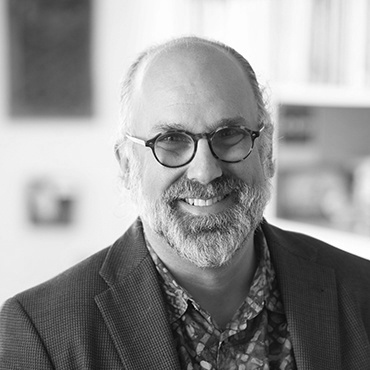Guest Introduction:
Dr. David J. Linden is a neuroscience professor at the Johns Hopkins University School of Medicine. He is the author of several books, including “The Accidental Mind,” “The Compass of Pleasure,” “Touch,” and his latest book, “Think Tank.”
Interview Summary:
In this interview, David first discusses how neuroscience and the understanding of the brain has changed over the past several decades. He then explains how our senses are influenced by context, expectation, and emotion, and gives some examples of this. David goes into detail about the logical and emotional parts of the brain, and describes how sensory information diverges to these two parts. He also talks about how damage to the logical or emotional side of the brain manifests.
David then explains how signals travel through the brain, as well as how electrical activity becomes unbalanced in certain brain disorders. He goes on to discuss where pleasure comes from, why we experience it, and how our reward circuitry works. David also explains how the neurotransmitter dopamine works, and gives some examples of how we constructively and destructively activate our reward system in everyday life. He talks about additional functions of dopamine and serotonin and how they affect our behavior.
Next, David discusses the social nature of humans, and how our brains attune to the nuances of social interaction, body language, and opinions of others. He also reveals the purpose of emotion, and explains how emotions affect brain function and memory. David then explains how pleasure is produced and experienced in the brain, mind, and body. He goes into more detail about how pleasure is produced during exercise. He also talks about how artificially activating our reward circuitry can lead to compulsion and addiction.
Finally, David expands on the connection between touch, heart, and mind. He discusses how touch activates different parts of the brain and affects our emotions. He then reveals the physical parameters of good touch and explains how we distinguish between positive and negative touch. David also talks about why physical touch is so important for human development, social interaction, and overall health. He closes with some insights and advice for maintaining mental function and having healthier relationships.
Find out more about Dr. Linden:
The Craft of Charisma Podcast is also available at:
bit.ly/Soundcloud-CofC-Podcast
bit.ly/Stitcher-CofC-Podcast
bit.ly/iTunes-CofC-Podcast
bit.ly/Spotify-CofC-Podcast
bit.ly/GooglePlayMusic-CofC-Podcast
bit.ly/iHeartRadio-CofC-Podcast


Mike
Mike is the Producer for the Craft of Charisma Podcast.